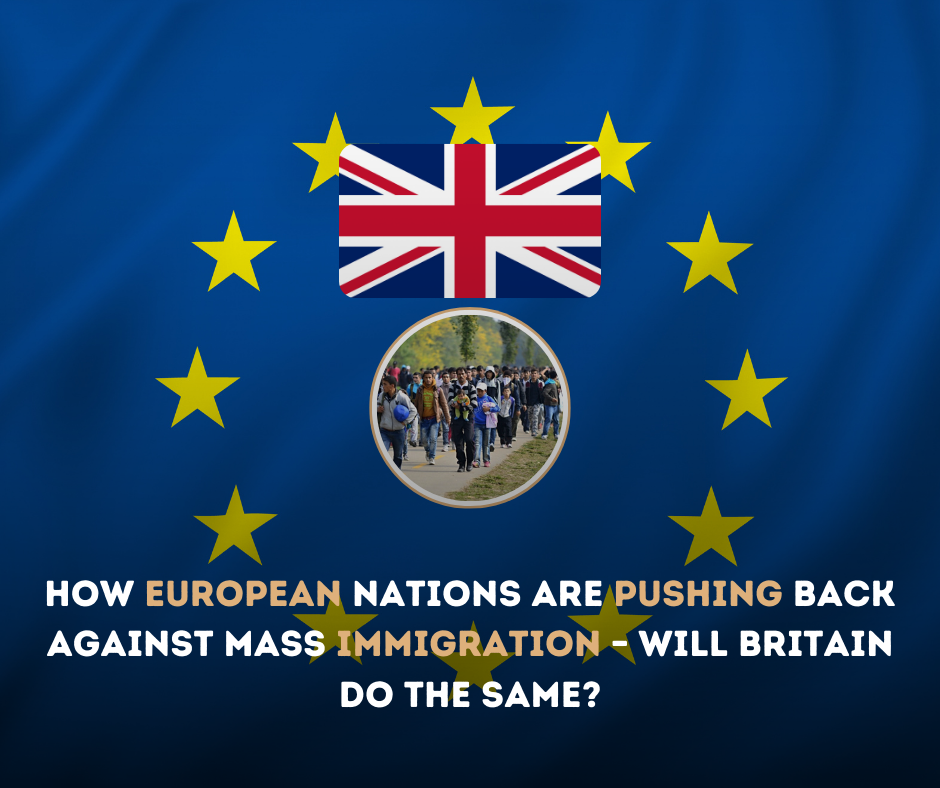Across Europe, nations are implementing stricter immigration policies to address the challenges associated with mass migration. These measures range from enhancing border controls to revising asylum procedures and increasing deportations.
Italy’s Use of Albanian Centers for Repatriation
Italy has approved a decree to utilize asylum processing centers in Albania as hubs for repatriation. This initiative allows migrants, whose asylum requests have been denied in Italy, to be housed in these centers pending deportation. Despite significant investment and the inauguration of these centers, they have faced legal challenges and opposition from human rights organizations.
Ireland’s Implementation of EU Migration Pact
Ireland is preparing to implement the EU Migration Pact, which will introduce measures to manage the increasing number of asylum seekers. Starting in June next year, certain asylum seekers may face movement restrictions and could be required to remain in designated accommodation centers. Justice Minister Jim O’Callaghan has outlined a comprehensive plan, including significant investment in staffing and infrastructure to support these changes.
European Union’s New Approach to Returns
The EU has been working to ensure that individuals without the right to stay are returned more swiftly and effectively. In March 2025, the European Commission proposed establishing a Common European System for Returns, aiming to streamline and enhance return procedures across member states.
United Kingdom’s Immigration Policy Revisions
In the UK, Home Secretary Yvette Cooper has announced a series of measures to address immigration concerns. Approximately 10,000 individuals who entered the UK on work or student visas are now residing in taxpayer-funded accommodations, costing the Home Office £5.5 million daily. To mitigate this, Cooper plans to introduce “eligibility” checks and extend right-to-work verifications to cover the gig economy, aiming to close loopholes exploited by illegal migrants.
Additionally, Cooper is reviewing the application of the right to family life for individuals who entered the UK irregularly. This review is part of broader efforts to reduce the number of people crossing the English Channel in small boats and to address legal frameworks that may be used to argue for the right to remain in the UK.
Furthermore, the UK government plans to reduce accommodation centers for asylum seekers in line with increased deportations and a more efficient asylum decision-making process. Justice Minister Jim O’Callaghan aims to enhance deportation efforts and tackle trafficking networks, addressing the current high costs associated with housing asylum seekers.
These developments reflect a broader trend across Europe toward more stringent immigration controls. As European nations implement these measures, questions arise about whether the UK will continue to follow suit or diverge in its approach to managing immigration and asylum.
4o
